Understanding Debt Settlement: Pros and Cons
Debt settlement has emerged in recent years as an alternative path to freedom from high unsecured debt burdens like credit cards or medical bills. But is it the right debt relief option for you? Here we dive into the pros and cons of debt settlement to help you make an informed decision.
What is Debt Settlement?
Debt settlement, also known as debt arbitration or debt negotiation, involves working with a settlement firm to negotiate reduced payoff amounts with your creditors and lenders. The goal is to settle accounts for less than the full outstanding balances owed. This differs from options like debt settlement loans or filing bankruptcy, which take different approaches to managing overwhelming debt.

What Are Some Potential Pros of Debt Settlement?
Debt settlement, also known as debt arbitration or debt negotiation, involves working with a settlement firm to negotiate reduced payoff amounts with
your creditors and lenders. The goal is to settle accounts for less than the full outstanding balances owed. This differs from options like debt settlement
loans or filing bankruptcy, which take different approaches to managing overwhelming debt.

Lower Overall Debt Burden
Successful settlements can reduce total debt owed by 50-60% typically. This greatly alleviates the burden for heavily indebted consumers. Settlements also allow you to pay off debt much faster compared to minimum payments.

Pay a fraction of your actual balance
The primary goal of debt settlement is negotiating with creditors to accept a fraction of what you owe in order to call it even. Many people settle their debts for 50% or even much less than the original amount, which can mean huge savings.

Structure affordable payment amounts
Because you are paying considerably less than you originally owed overall, debt settlement companies can divide the total settlement amounts due into much more manageable monthly payments that realistically fit into your budget.

Resolve debt faster
Since debt settlement involves paying lump sum settlements that are less than your full balances, many peoples’ debt can be eliminated much more quickly – often within 2-4 years – compared to paying monthly installments over multiple years.

Best alternative of bankruptcy
Bankruptcy leaaves a negative credit score impact and job prospects for up to 10 years. Debt settlement allows debt relief without resorting to bankruptcy, and is often the
best bankruptcy alternative.

Peace of mind
Finally getting out from under the crushing weight of large amounts of debt, regardless of the method, can relieve a huge amount of mental stress and improve both physical and emotional health and well-being.

Debt Settlement Pros and Cons: Should I Settle My Debt or Not?
So you’re struggling with debt and looking for options. Debt settlement
has come up as a possibility. Good idea? Bad idea? Let’s weigh the pros and cons so you can make an informed decision.
But Also Know the Potential Cons
While settling debt often seems like an easy or quick way out of a financial mess, it’s very important to have clear eyes going in regarding some of the potential drawbacks and downsides you may face

Hurt your credit score
Missed payments will cause your credit score to plummet substantially, sometimes by over 100 points. Settled accounts will also be specifically noted as such on your credit report rather than paid in full. This can have long-term effects on your ability to borrow money.
Once accounts become delinquent, creditors and third-party collectors will begin aggressively pursuing you for payment. Lawsuits against you are a very real possibility that can lead to wage garnishment.

Collection calls and lawsuits

Owe taxes on settled debt
If the amount of debt forgiven through settlements exceeds $600, the canceled portion may be considered taxable income by the IRS. Failing to report this could lead to penalties or audits, so consult a tax professional.
Creditors are not obligated to accept any settlement offers. If they refuse, you'd need to find another solution but your credit is already severely damaged.

Risk settlements falling through
Alternatives to Debt Settlement
Debt settlement is just one option for managing unaffordable debt levels. Depending on your financial and personal situation, you may want to consider alternative debt relief options including:

Non-profit credit counseling
Reputable credit counseling agencies offer free consultations to review your entire financial picture. They can help you construct a Debt Management Plan (DMP) which works directly with creditors to potentially lower interest rates, waive fees, and consolidate multiple payments. This can provide debt relief without damaging your credit score like debt settlement.

Debt settlement Loans
Debt consolidation takes out a new loan to pay off existing unsecured debts at lower interest rates, reducing required monthly payments. This simplifies payments into one monthly bill and can lead to paying off debt faster. Be cautious of lending sources, terms, and eligibility requirements when exploring this option.

Bankruptcy
Declaring Chapter 7 or Chapter 13 bankruptcy immediately stops collections efforts and foreclosures. While bankruptcy damages credit history and has long-term consequences, it can provide a fresh start for those utterly overwhelmed by debt through eliminating eligible debt balances. Understand extensive impacts before considering bankruptcy.
Caution Against Debt Settlement Scams
As debt levels swell and more consumers struggling with bills turn to debt settlement companies, unfortunately, this growth in demands has led many illegitimate firms to take advantage of vulnerable individuals facing financial crisis. Warning signs of potential “debt relief” scams include:
01
Guarantees of cancelled debt or settled outcomes before reviewing your accounts. Legitimate firms make no guarantees.
02
Requests for substantial upfront fees before settling any debts. Adviseable firms collect only once settlements are secured.
03
Failure to explain terms, contracts, services, or fees clearly and transparently. Ethical companies are fully upfront.
04
Lack of required state licensing for providing debt adjusting services in your state. Verify licensing.
05
Failure to provide documentation throughout the process detailing settlement agreements, payments made, fees charged, and account status updates.
Thoroughly research any firm prior to engagement and walk away from any raising suspicions. Protect yourself and your rights as a consumer facing financial hardship.

What Types of Debt Can Be Settled?
Debt settlement primarily focuses on unsecured consumer debt like credit cards, medical bills, personal loans, and other flexible forms of debt. Student loans, auto loans, mortgages, and other secured debt cannot be settled through this method. The best candidates for settlement have $10,000 or more in debt spread across multiple accounts.
Is Debt Settlement Ultimately Right for You?
At the end of the day, debt settlement can be a viable solution for handling large amounts of unsecured debt like credit cards, medical bills, or personal loans. When weighing the debt settlement pros and cons, the people who see the best outcomes are generally disciplined individuals with steady jobs who simply took on too much debt and can’t keep up with ever-growing monthly payments no matter how hard they try.
If you go the settlement route, go into it with a clear vision, understand the risks and commitments, thoroughly research reputable companies, get everything in writing, and consult tax/legal professionals when needed. While debt settlement can provide substantial savings and debt relief, it also comes at a cost. Look closely at all options and chooses the debt resolution approach that makes the most sense for your unique financial situation.


At Second Start Financial, we are dedicated to helping you regain control of your life. Our mission is to provide you with effective debt relief solutions that address your unique financial situation.
At Second Start Financial serves the following States only:
Alabama | Alaska | Arizona | Arkansas | California | Colorado | Florida | Georgia | Idaho | Illinois | Indiana | Iowa | Kentucky | Louisiana | Maryland | Massachusetts | Michigan | Mississippi | Missouri | Montana | Nebraska | Nevada | New Jersey | New Mexico | New York | Ohio | Oklahoma | Pennsylvania | South Dakota | Tennessee | Texas | Utah | Virginia | Wisconsin
Disclaimer:
Second Start Financial Inc is not a Broker or Lender. The role of Second Start Financial is to connect potential borrowers with lenders and financial service providers. Second Start Financial does not provide credit offers or solicit lending. The website and its operators solely offer a connection/matching service and are not agents, representatives, or brokers of any lender. They do not make credit decisions and do not charge potential borrowers for any loan or product.






